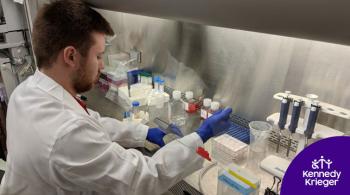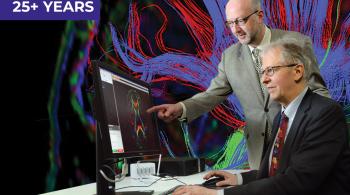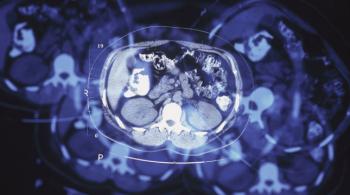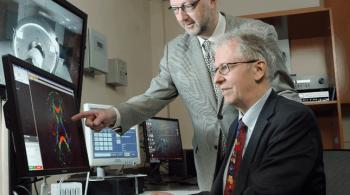By Bradley Schlaggar, MD, PhD, president and CEO of Kennedy Krieger Institute, and Erin F. Jones, BA, project manager for the Intellectual and Developmental Disabilities Research Center (IDDRC) at Kennedy Krieger Institute
Who is eligible for IDDRC services?
In recent years, the Intellectual and Developmental Disabilities Research Center (IDDRC) at Kennedy Krieger Institute and The Johns Hopkins University has changed its eligibility requirements for the allocation and use of IDDRC support and resources. Historically, the IDDRC was positioned as a core resource limited to the subset of Kennedy Krieger and Johns Hopkins investigators whose research work was independently funded and could utilize the IDDRC’s research cores. In the current grant cycle and moving forward, the IDDRC’s scope has been reframed and now supports any investigator doing intellectual and developmental disabilities (IDD) research at Kennedy Krieger or Johns Hopkins, regardless of independent funding status.
What constitutes IDDRC support?
IDD research conducted at Kennedy Krieger and Johns Hopkins, regardless of whether it is supported directly by IDDRC core services or supported indirectly (such as via institutional structures and resources made available by Kennedy Krieger and Johns Hopkins for IDD research), is very likely to be capitalizing on IDDRC support, as Kennedy Krieger’s and Johns Hopkins’ broad support for the infrastructure that makes it possible to do IDD-related research at the Institute and Johns Hopkins is viewed as in-kind support by the IDDRC. Therefore, the IDDRC indirectly supports nearly all IDD-related work at the Institute and Johns Hopkins.
A range of specialized services, including one-time consultation and navigation services, are available through the IDDRC’s cores:
While an IDDRC grant itself does not provide pilot funding, we are able to direct investigators to the following resources at Kennedy Krieger and Johns Hopkins:
- Pilot funding and other institutional funding opportunities
- Training and mentoring opportunities
- Announcements of lectures and seminars related to IDD
- Liaison for cross-collaborative opportunities
How do I apply for core services?
Please visit our website at IDDRC.KennedyKrieger.org for more information on the services available, as well as a link to our application portal.
Should I still cite the IDDRC grant in my publications and associated funding, even if I did not use direct core services?
Yes! We are asking that investigators embrace this reframing. The question is not whether one can trace direct dollars from the Eunice Kennedy Shriver National Institute of Child Health and Human Development (NICHD) to one’s work, but rather whether one’s work capitalized on institutional (and therefore IDDRC) infrastructure. One of the criteria by which IDDRCs are judged is the effectiveness of their institution in leveraging direct NICHD dollars, including through in-kind institutional support.
How do I cite the IDDRC grant in my publications and associate it on My Bibliography?
Please acknowledge the IDDRC grant number in all publications and presentations based on your IDD-related work: P50 HD103538. For example, “This work was supported by P50 HD103538.” To associate the IDDRC award with a citation in My Bibliography, please click here for detailed instructions from the National Center for Biotechnology Information (NCBI).
This is all news to me, and I feel like other people at the Institute don’t know about these changes…
The IDDRC has worked toward disseminating information about these changes via several means, including an IDDRC town hall meeting (summer of 2020), faculty meetings, one-on-one discussions with investigators, Dr. Ali Fatemi’s Grand Rounds (October 2021), and ongoing collaborative chalk-talk and journal club discussions with the Wendy Klag Center. However, reframing how we think about the IDDRC’s resource utilization requires ongoing messaging and dissemination efforts. The IDDRC is committed to ensuring that all investigators are aware of the many opportunities to connect with and utilize the remarkably broad and deep core resources we have for IDD-related research at Kennedy Krieger and Johns Hopkins via the IDDRC, both directly and through significant institutional support.















